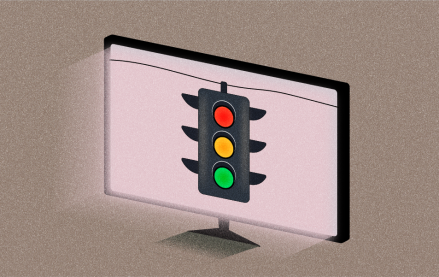
Facebook is changing its News Feed algorithm again and prioritizing live video.
The social network is ramping up its focus on its “Periscope-killer” live video tool by tweaking the News Feed and placing live streams, instead of regular video and archived feeds, toward the top. The change comes two months after Facebook rolled out live streaming capability for all users.
The social network said in a statement that users spend three times longer watching a live video compared to an archived stream. “This is because Facebook Live videos are more interesting in the moment than after the fact,” it surmised.
With the live streams more likely to appear on top of the News Feed, people are more likely to interact with the video and post questions or comments. Perhaps not a coincidence, but the idea mimics Twitter’s Periscope integration of seamlessly uniting live video and the timeline together.
Facebook’s tweak is likely welcome news to publishers, like the Huffington Post, Fusion and MSNBC. For example, HuffPost said it’s live streaming election coverage on the platform rather than its website because Facebook makes it easier to interact with its correspondents.
For brands, which have said they’re more likely to use Twitter’s Periscope when live streaming, the change might win them over. Facebook Live’s biggest issue so far had been not promoting the streams. Now it automatically pushes these videos to the top.
More in Media

What publishers are wishing for this holiday season: End AI scraping and determine AI-powered audience value
Publishers want a fair, structured, regulated AI environment and they also want to define what the next decade of audience metrics looks like.

Media giant Essence launches a marketplace for Black women-led brands
Essence has launched WeLoveUs.shop, a new online marketplace dedicated to Black women-led brands.

In Graphic Detail: The state of AI referral traffic in 2025
The stats reveal a new audience pipeline forming outside of traditional search and social platforms.





